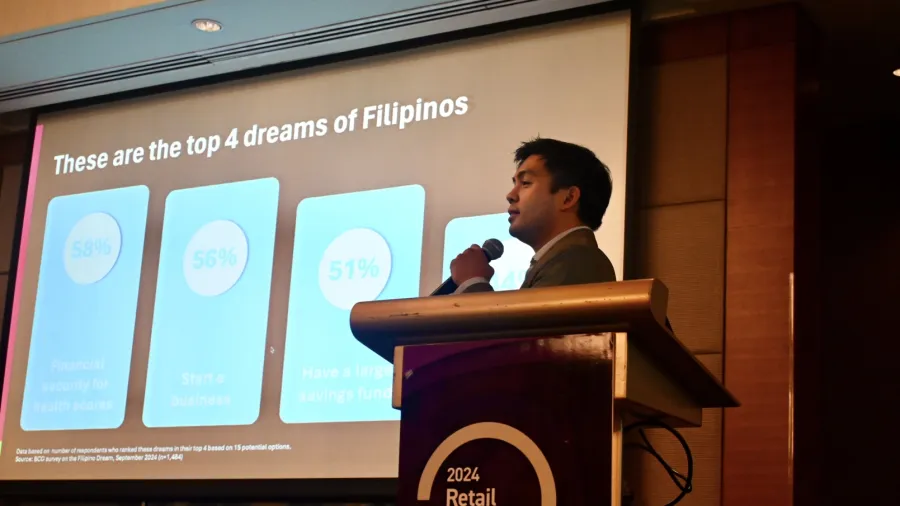
Philippine retailers urged to tap into consumer aspirations, not demographics
Shoppers buy products that promise to help them become a better version of themselves.
Retailers should tailor their marketing strategies to Filipino shoppers’ aspirations, not just typical identity markers such as income, age, and shopping habits, a fintech expert told the recent Retail Asia Forum in Manila.
Sellers should understand and tap into the subconscious part of a buyer’s mind — his feelings, emotions, and yearnings — that pushes them to buy products that promise to help them become a better version of themselves.
Household providers, mostly family-oriented Millennials, prioritise their families’ needs over personal desires, aiming to build their savings, fund their children’s education, and eventually move into a dream house, said Lance Katigbak, a principal at Boston Consulting Group.
“They're willing to trade off focusing on themselves,” he said.
Trailblazers, mainly Gen Zs, aspire for independence and self-expression, seeking to improve their image by spending on health, beauty, and luxury items. “And when I say luxury, I don't necessarily mean very expensive branded items, but items that are probably a little bit more premium than what they can afford today."
Guardians — married and ready to retire Gen Xs — focus on financial stability and are more conservative in their spending, Katigbak said. They are price-sensitive and usually cut down on nonessential items.
Rebuilders, although Millennials like providers, focus on regaining their financial footing after the pandemic. Despite cautious spending, they are eager to explore new products and services, especially online.
Katigbak said Filipino consumers are shifting their priorities toward financial security and health, driven by post-COVID-19 pandemic uncertainties.
For example, there has been a notable increase in demand in supplements such as mangosteen and moringa pills, partly induced by the pandemic, he said.
Katigbak said even those with health plans feel unprepared for another global health crisis, highlighting a sense of insecurity that underpins the demand for wellness products.
Aside from financial security and health, Filipino shoppers also have entrepreneurial ambitions and want to build their savings — aspirations that extend to their spending habits — after seeing the economic impact of the pandemic, he added.
About 40% of Filipino respondents in a 2022 Manulife survey started their own business during the pandemic, and more than half of them are still on it.
“They're not trying to run tech startups,” Katigbak said. “They're not trying to run crazy businesses. They're trying to run poultry farms and sari-sari (mom-and-pop) stores and [small] restaurants to get that kind of financial stability.”
Despite these financial insecurities, Filipino consumers remain optimistic.
Boston Consulting in a recent report found that 53% of Filipinos thought they were closer to achieving their dreams than they were a year earlier, with 68% expecting to make progress in the year ahead.
Rural consumers were especially hopeful, with many feeling empowered by their own skills and resourcefulness to improve their lives.
Katigbak said businesses should take note of these insights because a deep understanding of consumer aspirations could help them build lasting connections.


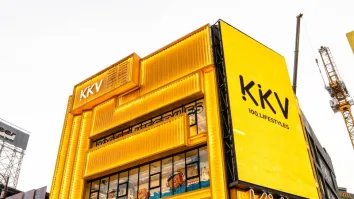



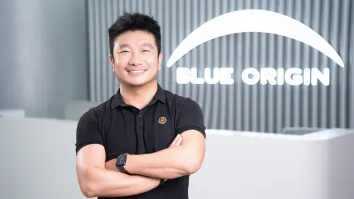
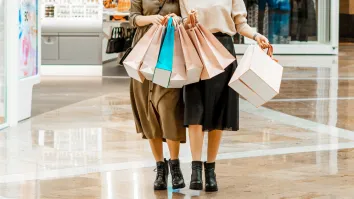


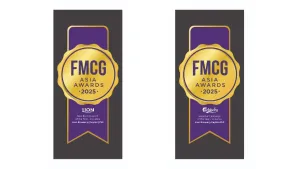






 Advertise
Advertise





